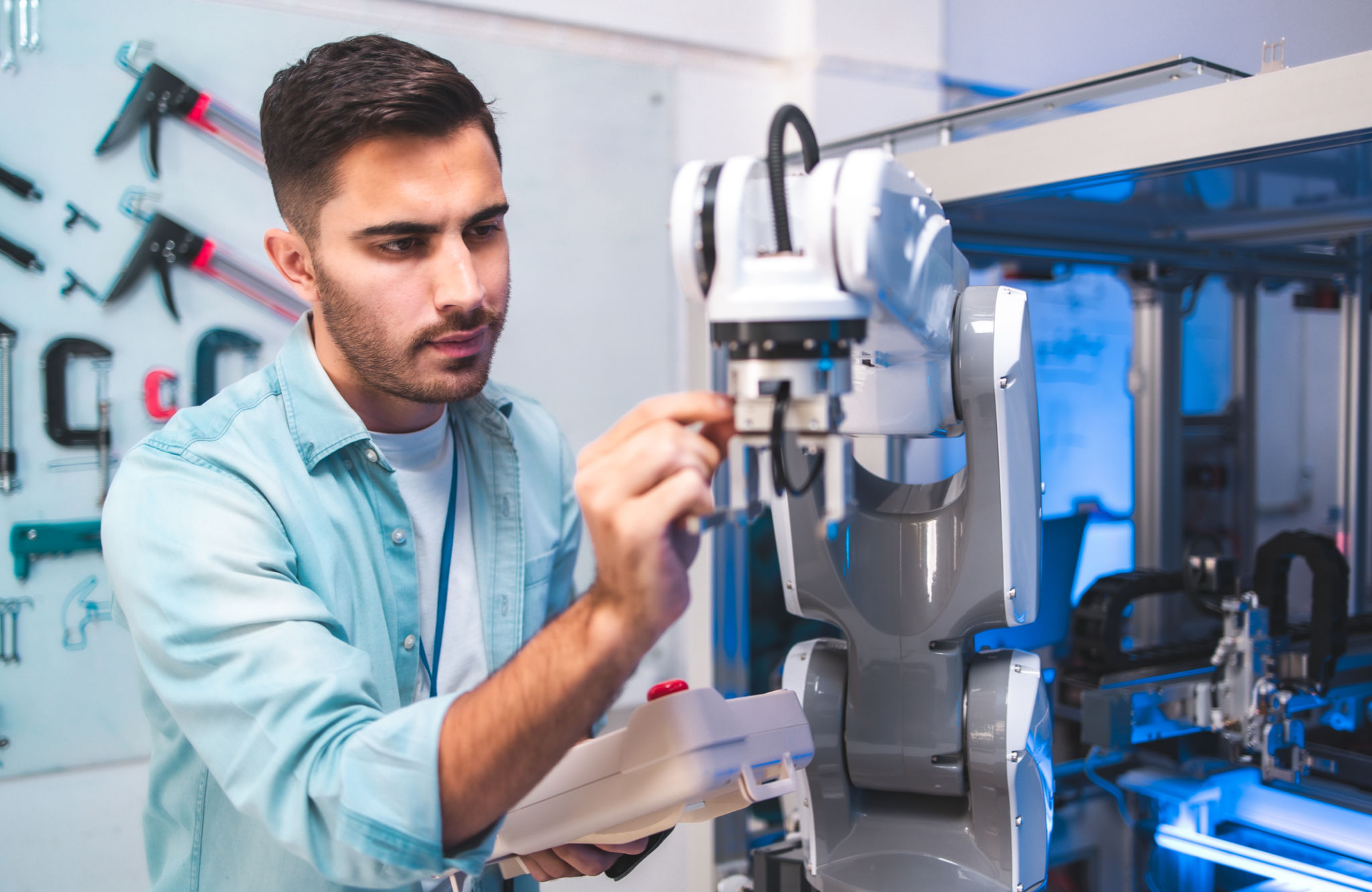Leasing vs. Buying Medical Devices: What Miami Hospitals Need to Know
The Financial Considerations
When it comes to acquiring medical devices, Miami hospitals face a critical decision: leasing or buying. Each option presents its own set of financial implications. Leasing often requires a lower initial investment, making it attractive for hospitals with budget constraints. This allows for better cash flow management, freeing up capital for other essential needs.

However, purchasing medical devices can be more cost-effective in the long run. Owning equipment means hospitals can use the devices without ongoing lease payments, potentially saving money over time. Additionally, purchasing provides tax benefits, including depreciation deductions, which can further offset costs.
Technology and Innovation
The rapid pace of technological advancement in the medical field is another crucial factor. Leasing allows hospitals to upgrade to the latest technology more frequently, ensuring they provide top-notch care with cutting-edge equipment. This flexibility is vital in staying competitive and meeting patient expectations in a city as dynamic as Miami.

Conversely, when hospitals purchase devices, they may find themselves using outdated equipment if budgets do not allow for frequent upgrades. This could impact the quality of care and limit the hospital’s ability to attract patients seeking the best possible treatment options.
Maintenance and Support
Another aspect to consider is maintenance and support. Leasing agreements often include maintenance services, reducing the burden on hospital staff and ensuring devices are always in optimal condition. This can be particularly advantageous for hospitals without extensive technical support teams.

On the other hand, purchasing equipment means assuming full responsibility for maintenance. While this provides more control over service schedules and quality, it can also lead to unexpected expenses if equipment requires significant repairs or replacement parts.
Flexibility and Scalability
Leasing offers Miami hospitals greater flexibility and scalability. As patient numbers fluctuate or new services are introduced, hospitals can adjust their equipment needs accordingly without being tied down by owned assets. This adaptability is crucial in responding to the evolving healthcare landscape.
Buying, however, can limit flexibility. Once a purchase is made, hospitals are committed to that equipment until it is fully depreciated or sold. This could pose challenges if there is a need to rapidly scale services or shift focus due to changing healthcare demands.
Making the Right Decision
Ultimately, the decision between leasing and buying depends on each hospital's unique circumstances. Factors such as budget constraints, technological needs, and long-term strategic goals all play a role in determining the best approach.
Hospital administrators must weigh the pros and cons of each option carefully to ensure they make informed decisions that align with their institution's objectives and the needs of their patients.
